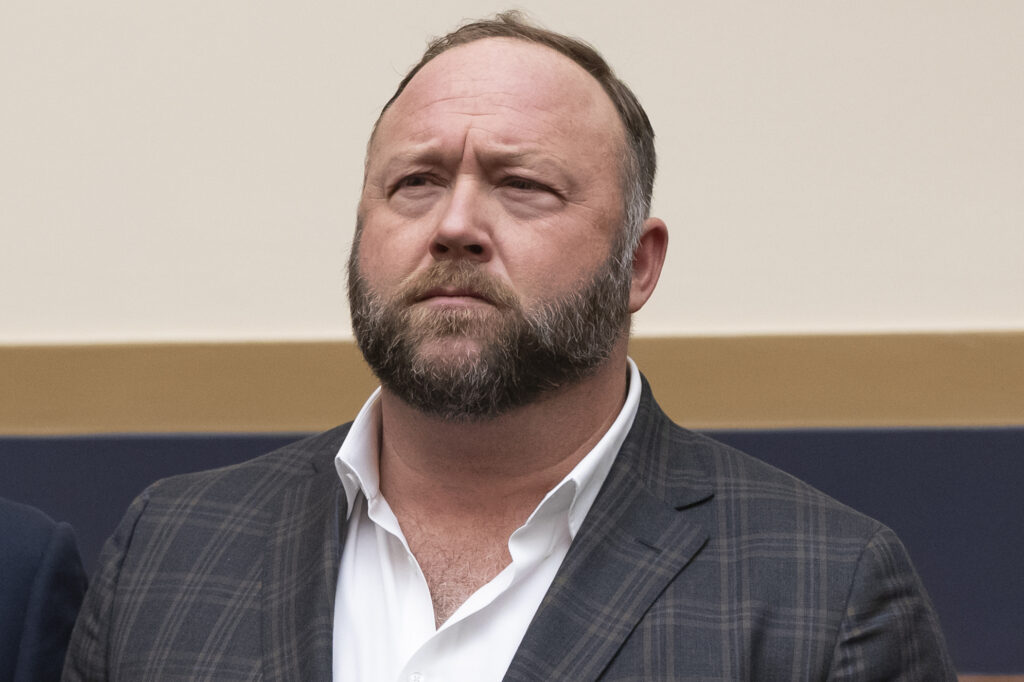
The U.S. Supreme Court has declined to review Alex Jones’s appeal of a $1.4 billion defamation judgment, thus upholding prior rulings against him for making false claims that the Sandy Hook Elementary School shooting was a hoax.
The judgment stems from a series of lawsuits brought by families of victims who were subjected to harassment, threats, and emotional distress due to Jones’s persistent false statements. He and his media company, Free Speech Systems, have repeatedly been found liable in state and civil courts for defamation. This decision by the Supreme Court means that the penalty remains in force.
Jones had argued that the liability was wrongly decided, that his due process rights were violated, and compared the verdict to a “financial death penalty.” However, the Court refused to hear the appeal without providing detailed explanation. The ruling concludes a long legal battle that involved multiple levels of state and federal courts.
Implications:
This case is significant for media law, defamation, and free speech jurisprudence. It reaffirms that the First Amendment does not protect false statements that cause real harm. For legal practitioners, it underscores the importance of truth, verification, and the potential consequences of defamatory content—even in media or public discourse.
For Everest Legal:
Our firm can assist clients in media, publishing, or online platforms in understanding defamation risk, drafting content policies, and implementing compliance strategies. In an age of digital misinformation and rapid communication, legal counsel must be proactive, not just reactive.
